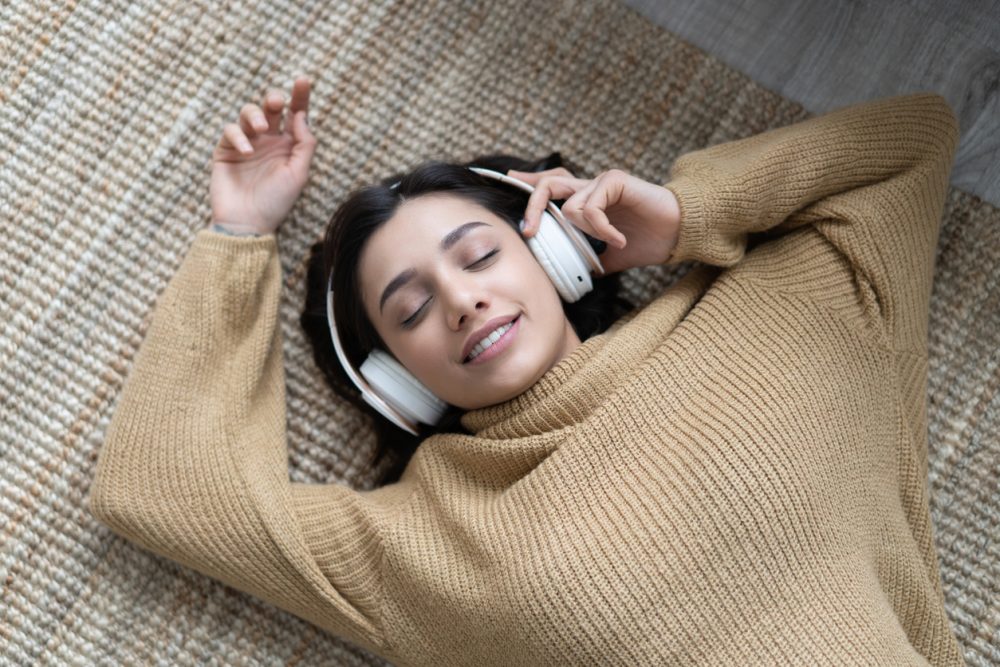According to the National Institute on Deafness and Other Communication Disorders (NIDCD), nearly 25 percent of Americans between the ages of 65 and 74 have hearing loss severe enough to affect their daily life, and that number jumps to 50 percent for people over the age of 75. The organization also estimates that close to 30 million adults in the U.S. may benefit from hearing aids. But the stigma and price of hearing aids has presented a major barrier to widespread adoption.
When we last reported on the market earlier this year, the FDA had just approved over-the-counter hearing aids, set to take effect in mid-October 2022. This was exciting news for taking control of your hearing health costs and eliminating the need for a doctor visit, and the blurring of lines between hearing aids and wireless earbuds reduces the stigma. In a recent press release, FDA Commissioner Robert M. Califf, M.D., stated that “establishing this new regulatory category will allow people with perceived mild to moderate hearing loss to have convenient access to an array of safe, effective and affordable hearing aids from their neighborhood store or online.”
Music-based wellness products aren’t limited to hearing aids — fitness and stress reduction have become two of the most important and popular applications of wellness tech. From smart watches and meditation gadgets to full-size breathable workout headphones, we’re seeing more innovation designed to get people using music to realize better health and happiness.
OTC Hearing Aids
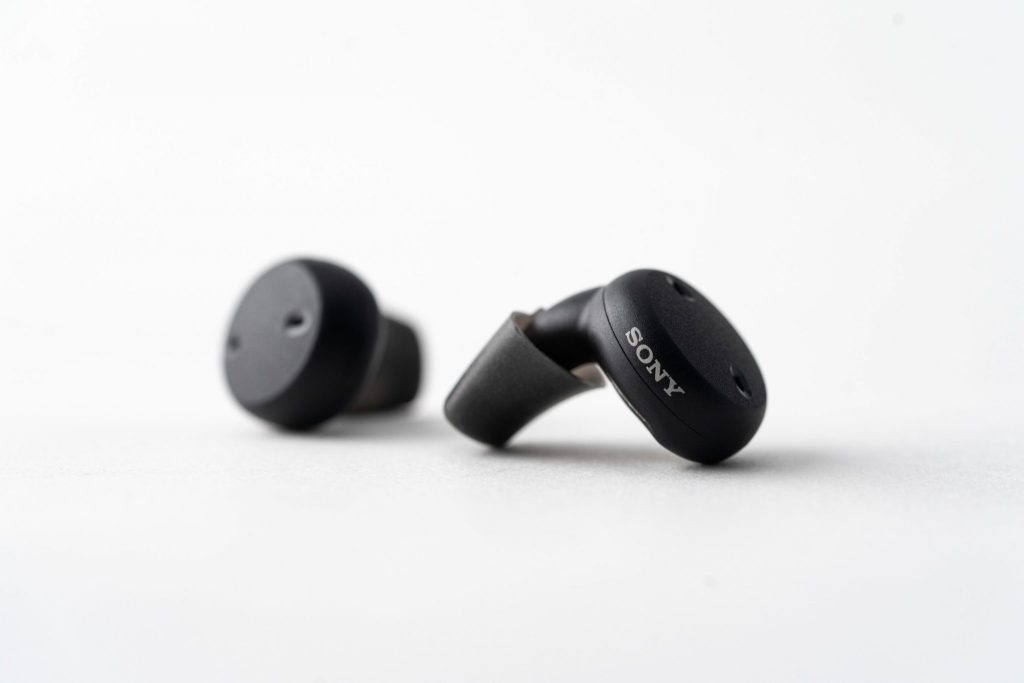
Sony CRE E10 ($1299) and C10 ($999)
The CRE E10 is the result of a recently announced partnership between Sony and Danish hearing aid maker WS Audiology. These impressively small devices look just like regular wireless earbuds, but they’re FDA-approved medical devices with app-controlled adaptive assistance for mild to moderate hearing impairment. At $1299, users are paying for compactness, as these are extremely unobtrusive. The E10 also streams music and calls via Bluetooth; the cheaper ($999) C10 model is even more compact but lacks streaming. The company claims “up to 26 hours of continuous use,” but that’s only with the included Qi-compatible wireless charging case.
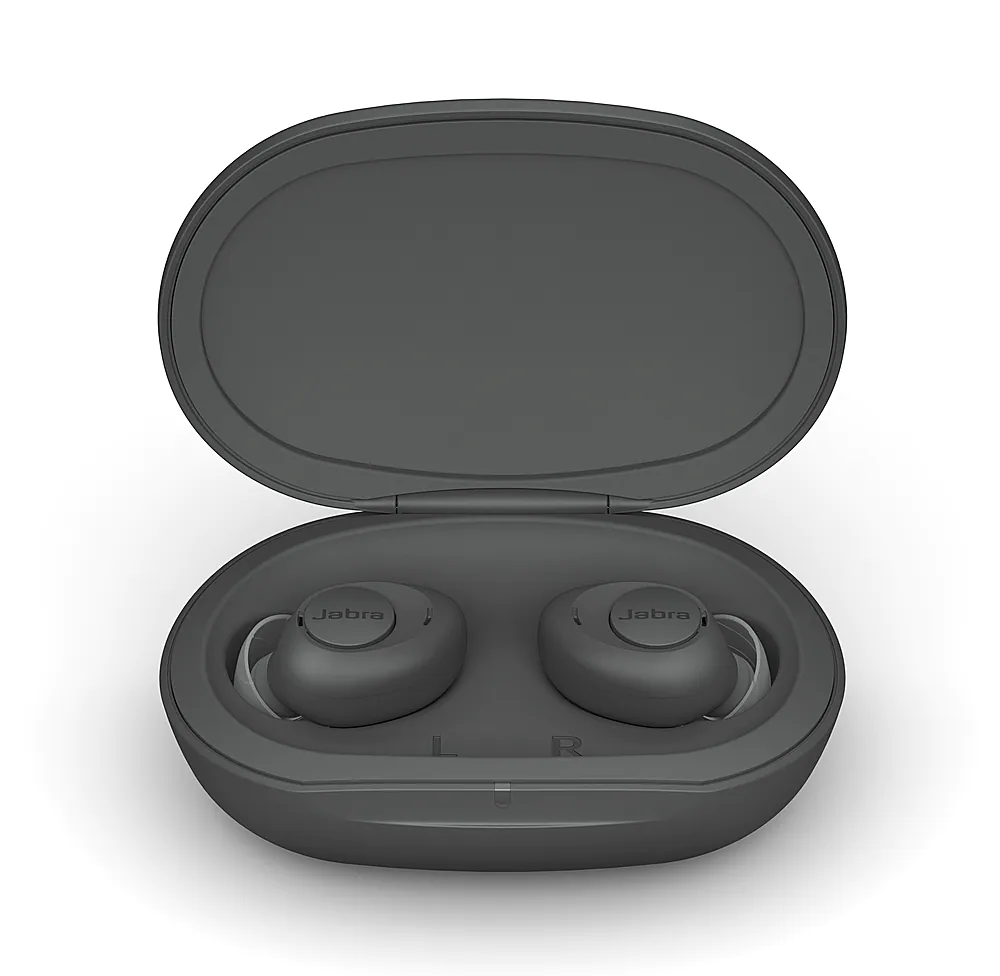
Jabra Enhance Plus ($800)
Jabra’s Enhance Plus OTC hearing aids have been out since February this year, but until this fall, they have been available only through select hearing clinics. Intended for mild to moderate hearing loss, they’re roughly 40 percent smaller than Jabra’s Elite 7 Pro earbuds, and they let you stream calls and music via Bluetooth. The setup and control app (currently iOS-only) helps you fine-tune and personalize the earbuds’ fit and sound, giving you multiple hearing assistance modes including an adaptive setting. You get 10 hours of battery life plus another 20 from the included charging case.
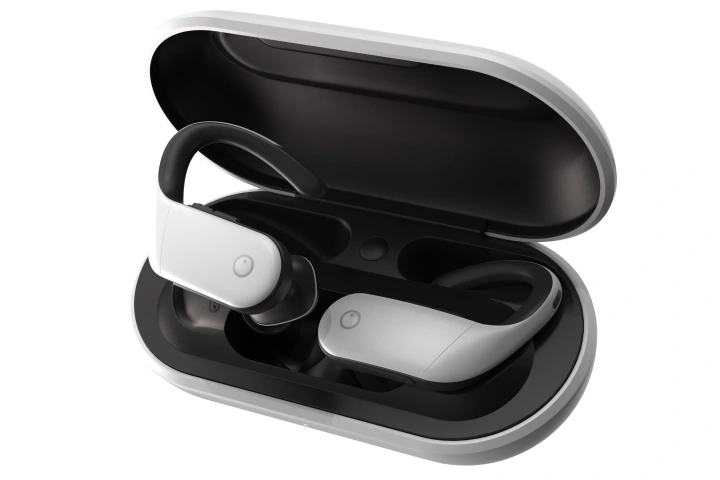
Olive Union Olive Max ($299)
The Olive Max is priced at the lower end, but they offer the same features as the other leading models covered here, albeit in a slightly less discreet form factor. Simply use the included app to administer a 5-minute hearing test to complete setup, and the earhooks keep these earbud-style hearables securely in place. Improvements over the previous model (Olive Pro) include more volume, AI-powered adaptive hearing assistance, better clarity, and more effective noise reduction. Bluetooth connectivity lets you stream music and calls, and you get 10 hours of battery life plus 20 more from the charging case. Recommended for mild, moderate or severe hearing loss.
BIG MOVES
The FDA’s new guidance has been creating waves in the hearing aid industry; we’re seeing headphone companies and hearing aid manufacturers consolidate in anticipation of an exploding market in the coming years. Bose cut its health division earlier this year and discontinued its SoundControl hearing aid line, but the company has partnered with hearing aid manufacturer Lexie for “powered by Bose” products like the Lexie B1 ($899). Unfortunately, like Bose’s SoundControl device, the B1 doesn’t stream music or calls. Sennheiser’s consumer division was also bought last year by another hearing aid maker, Sonova, and we’re awaiting product launches in this space soon. Sony’s recent partnership with Danish hearing aid maker WS Audiology has already yielded OTC hearing products, and Jabra’s parent company GN also happens to own hearing aid brands.
Fitness
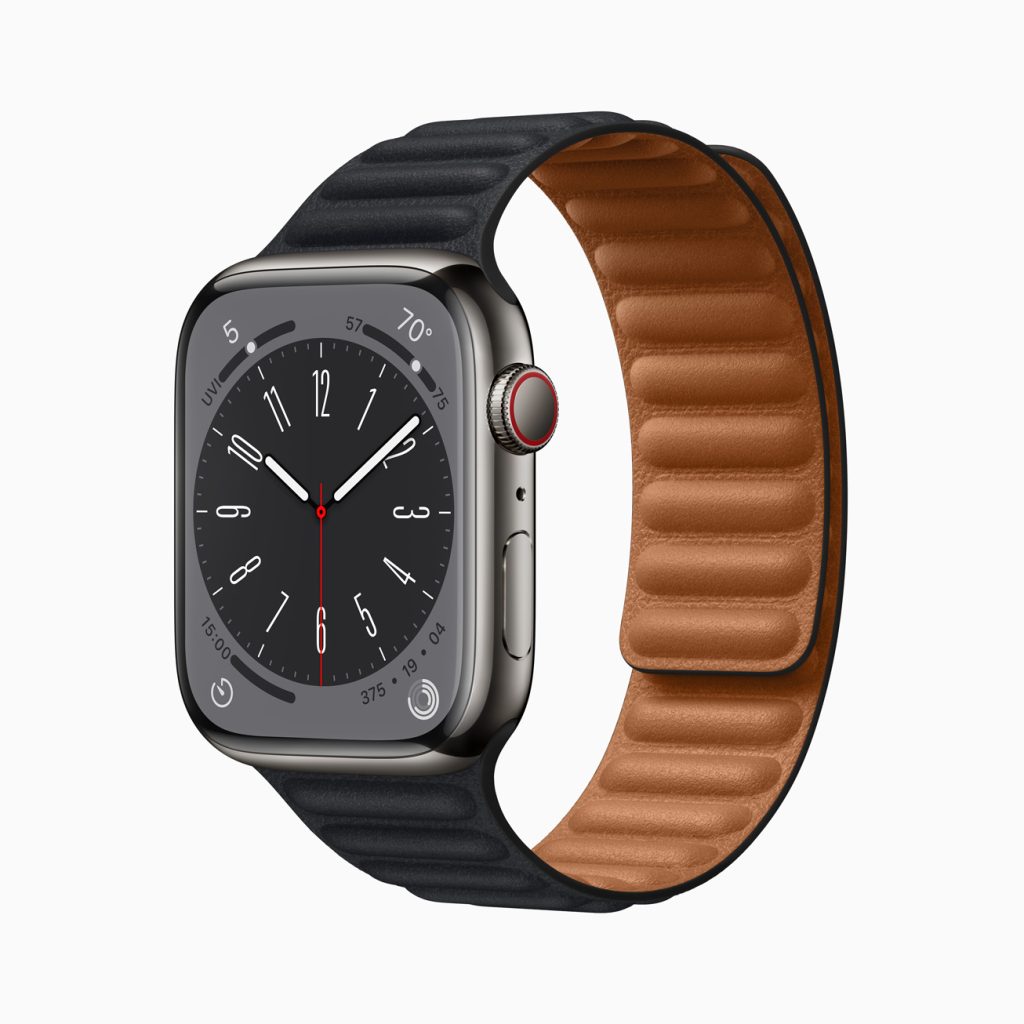
Apple Watch Series 8 (from $399)
We’d be remiss if we didn’t mention the latest Apple Watch Series 8, which improves on its predecessor with a temperature sensor, menstrual cycle tracking, crash detection, sleep stage monitoring, and an updated Workout app. Paired with Apple’s new AirPods Pro 2, Apple Watch offers an impressive range of fitness and hearing-enhancement features.
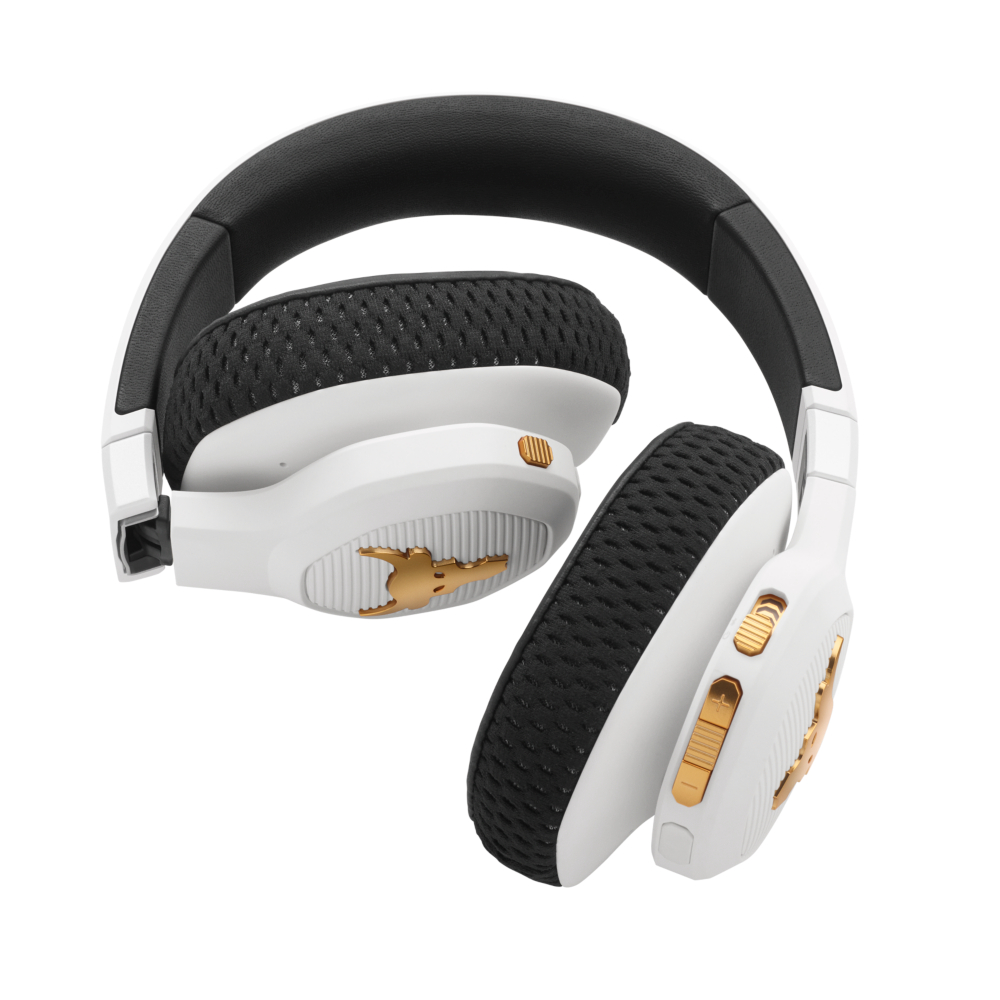
Under Armour Project Rock Training Headphones ($149)
You might not associate full-size headphones with fitness, but these are designed for workout enthusiasts who don’t like plugged up ear canals. With adaptive noise canceling, a transparency mode and auto play/pause when you put them on or take them off, the Project Rock has many of the same features as other Bluetooth headphones. They distinguish themselves from the pack with their ruggedness, as well as over-ear pads that grip the sides of your head securely for Rock-solid stability, and they’re vented to breathe and dry quickly. The 45-hour battery life and 12-month premium membership to UA’s MapMyFitness app round out an impressive package at a very reasonable price.
Sleep/Meditation
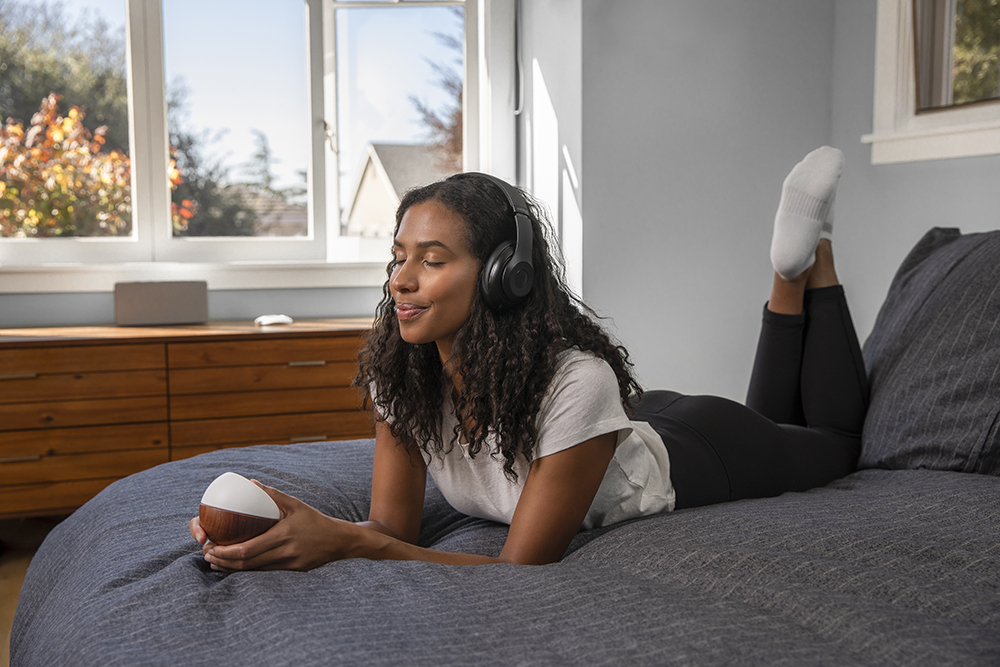
HyperIce Core Premium ($199)
This standalone meditation trainer resembles a kitchen egg timer, but its built-in electrocardiogram sensors and haptics can help de-stress your life with each session, and the battery only needs charging once every couple of weeks. Connect the Core to your smartphone via Bluetooth and you get a year of continuously curated content via the iOS/Android app that includes guided meditations, soundscapes, breath training, and soothing music updated daily.
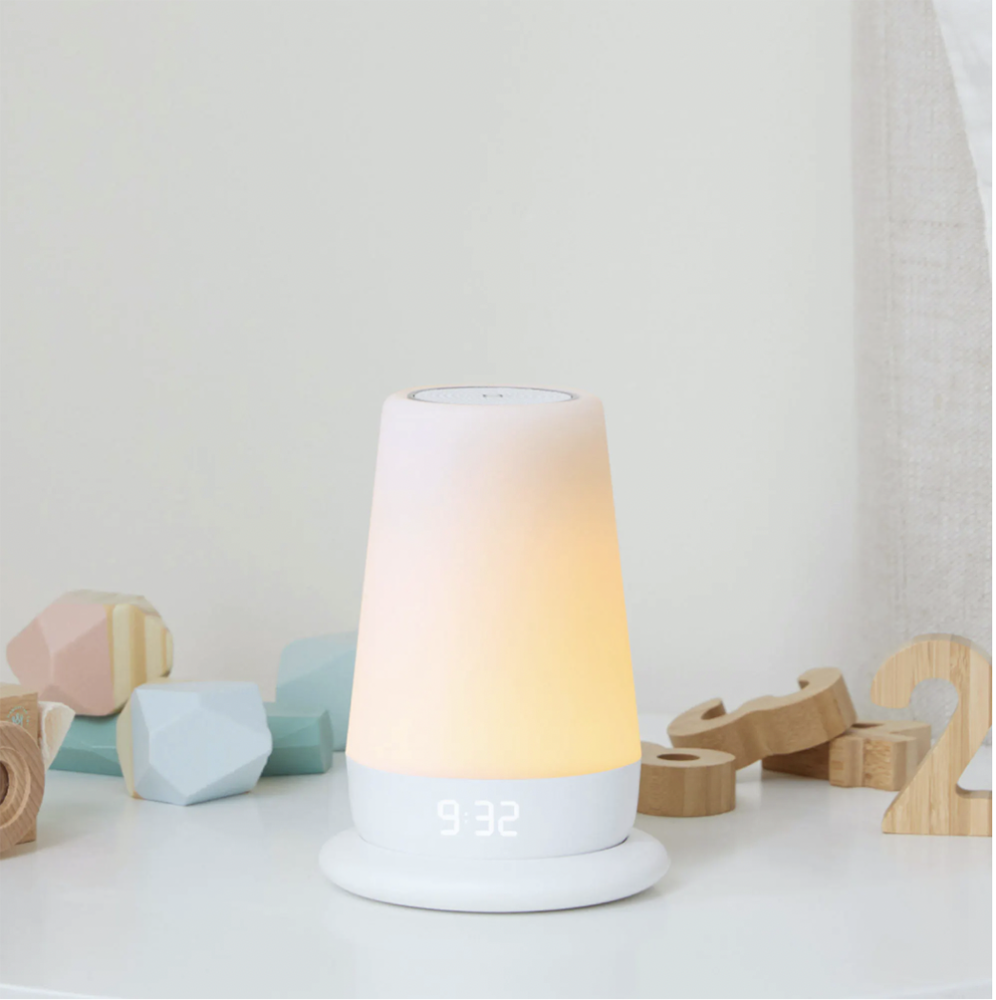
Hatch Rest+ 2nd Gen ($89.99)
Much more than a white noise machine, the Rest+ plays soothing music and soundscapes to help kids of all ages fall asleep, learn mindfulness and wake up refreshed and ready to meet the day. It also has a light that glows for use as a nightlight or for wake-up times. The device has a built-in rechargeable battery so you can grab it from its charging stand and take it with you around the house. Control it from anywhere via Wi-Fi, and the included app gives you expert-curated music, bedtime stories, parenting tips and more.







